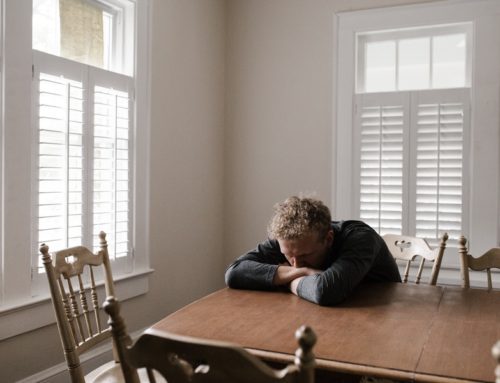Although there is no cure for mental illness, it’s possible to recover from psychological disorders. If your definition of “recovery” includes living free of the symptoms of mental illness and being able to pursue the activities of a satisfying life, then yes, recovery is possible. However, recovery is different for everyone.
Two Kinds of Recovery
Recovery from mental illness involves two broad categories of wellness: clinical recovery and personal recovery.[1] Clinical recovery happens when a person is either free of the symptoms of their mental illness or those symptoms have become manageable. Personal recovery involves being able to live a satisfying life. Both kinds of recovery are essential.
Personal recovery is about getting what you want out of life and living a satisfying life. Personal recovery often requires ongoing psychotherapy to be successful. Mental illness affects a person’s complete life context and alters how a person relates to other people, how they perceive themselves and how well they cope with the common stresses of daily life. In many cases, maintaining a good quality of life requires unlearning bad habits that were a part of life during the active phase of a psychological disorder.
For example, withdrawing from other people when stressed out is a common behavior in depression. That behavior can become a habit that must be unlearned once a person’s depression symptoms have been stabilized. But habitual behaviors aren’t alone in needing to be changed. In recovery, we may examine how our mindset and habitual thinking affects us and discover how our thought processes can sometimes prolong our depression.
Eliminating symptoms of a psychological disorder won’t, by itself, return a person to a good level of functioning. That’s because reducing or removing the symptoms of a psychological disorder doesn’t get rid of habits that become instinctive when living with mental illness. That’s where therapy comes in.
Therapy for personal recovery can help someone to:
- Identify one’s habitual thought processes
- Identify and eliminate self-defeating thinking
- Establish better ways to communicate
- Get along better with friends, co-workers and family members
- Reduce stress and anxiety
- Develop more adaptive ways of coping
- Process painful emotions, memories and experiences
- Learn healthy ways to get one’s needs met
- Get new perspectives and insight into one’s life
- Learn new coping skills
You don’t have to have a psychological disorder to benefit from therapy. Many people make use of therapy to have better, more fulfilling lives. Damaris Aragon, ARNP, BC provides a full spectrum of mental health care to people in Spokane, Washington, and surrounding areas. She focuses on providing personalized, compassionate care that adheres to current evidence-based standards. Reach out to Damaris through her contact page or calling 509-342-6592.






